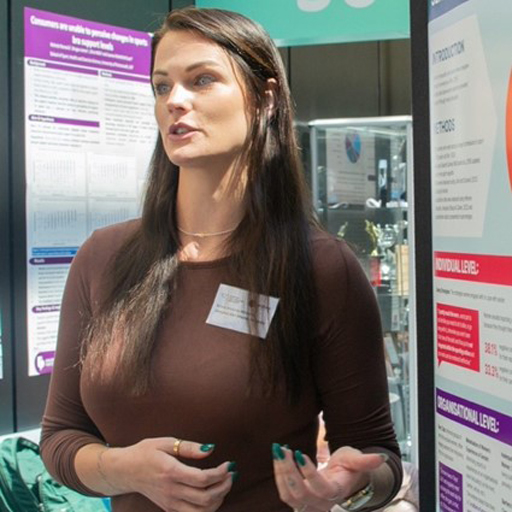4 Neurodiversity, wellbeing and mental health
There are well-reported links between neurodiversity and mental health (Graf-Kurtulus and Gelo, 2025), with this often being a response to issues around fitting in with a neurotypical world rather than direct psychological links. The emotional and sometimes physical energy required can lead to poorer mental health outcomes, alongside clinical diagnoses of depression and anxiety (Graf-Kurtulus and Gelo, 2025). Sport and exercise psychologist and former athlete Kristin McGinty-Minister describes her personal experiences of neurodivergence in sport as follows:
I believed that my sensory challenges, masking, and confusion about social expectations were universal experiences that I was a failure for not being able to cope with. I began to see my autistic traits as flaws and fortified my own masks, eventually leading to a shutdown diagnosed as depression and anxiety at the time. Despite engaging in therapy, I still felt something was ‘off’, prompting a deeper search for answers.
Kristin’s experiences demonstrate how ‘intersectionality’ can influence an individual’s mental health. This is a key concept which describes how multiple parts of someone’s identity overlap, or intersect, to amplify their experiences of inequality and the subsequent impact this may have on their wellbeing. Other intersecting parts of an identity can include things like gender (Collins, 2024), ethnicity (Green, 2020) or sexuality (Beato et al., 2024), among others. Therefore, athletes who have multiple intersecting parts of their identity can be more adversely impacted than others. For example, a neurodivergent Black, female, bisexual athlete would be more likely to experience poor mental health than a neurotypical white, male, heterosexual athlete.
Neurodivergence can be more common in sporting contexts than wider populations, with suggestions being that traits associated with neurodivergent conditions can be beneficial in these environments (McMurtry et al., 2025). It is important to recognise that many athletes exhibiting neurodivergent traits, with associated needs, will not have a formal diagnosis. This could be the case with adults in particular. Some of the negative views attached to neurodivergent individuals rooted in those deficit approaches may even mean athletes actively avoid being labelled as such. This reinforces the need for individualised coaching approaches to supporting the wellbeing of athletes.

